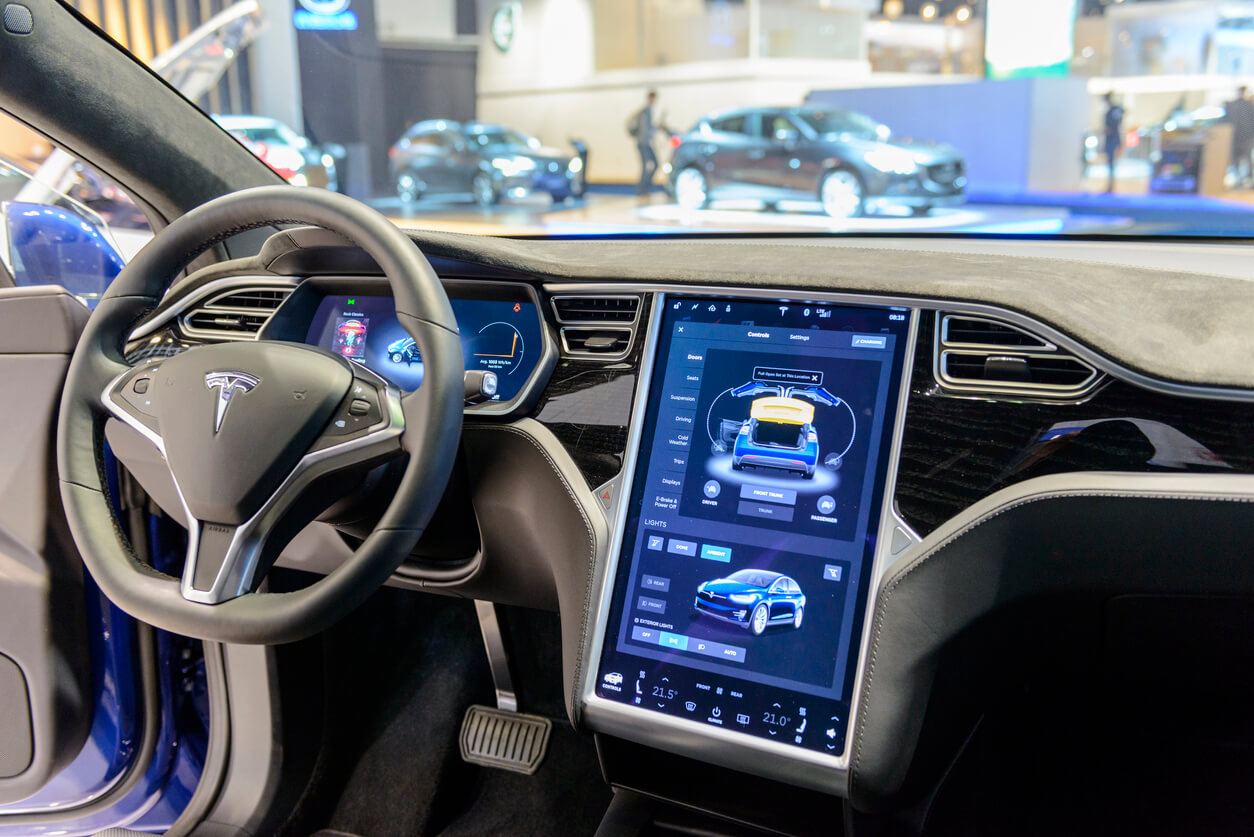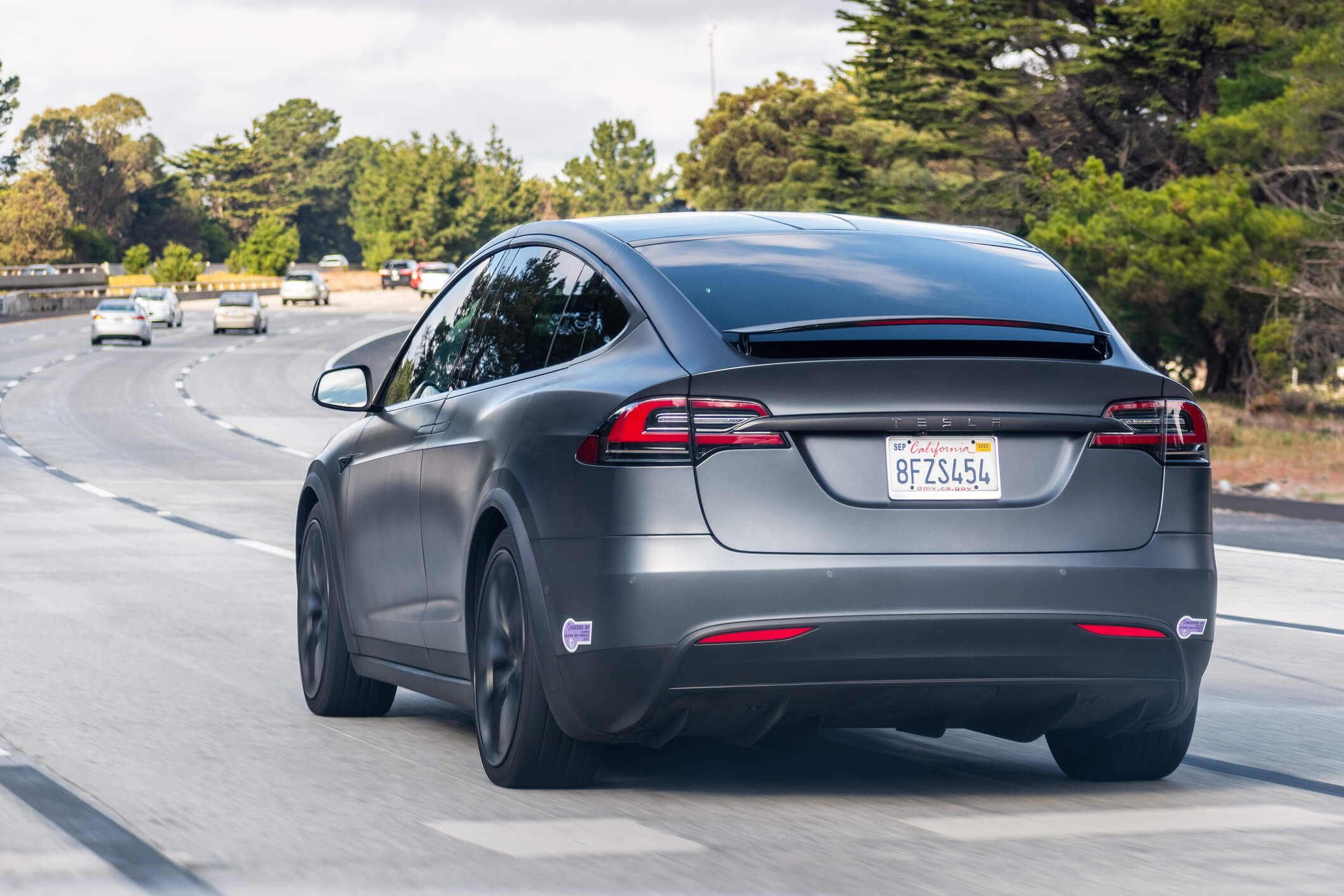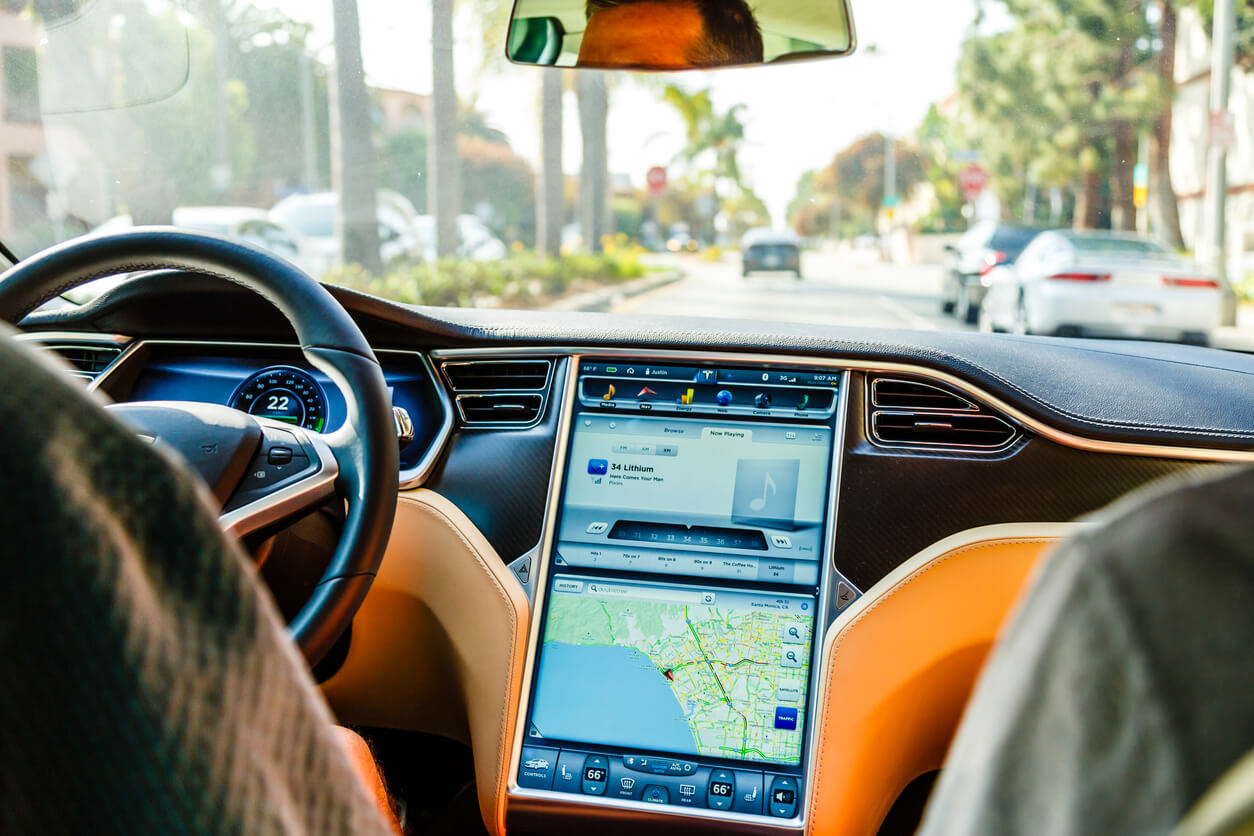By: Nicole Halvi
After Tesla was sued for alleged touchscreen problems in 2014-2016 Model S and 2015-2016 Model X vehicles, the National Highway Traffic Safety Administration opened a federal investigation into touchscreen failures in 2012-2015 Tesla Model S vehicles. Subsequently, in November of 2020, the automaker announced a Tesla touchscreen warranty adjustment program for Model S and Model X vehicles built before March 2018.
Tesla Model S and Model X vehicles are equipped with 8GB embedded multimedia cards in the media control unit, but Tesla has admitted that these parts can malfunction. Frustrated Tesla drivers have continuously complained about the danger of malfunctioning touchscreens and have urged the automaker to create a touchscreen warranty program. When the vehicle’s touchscreen goes black, the driver loses access to the infotainment system, navigation, rearview camera images, and climate control systems. A defective touchscreen also limits the driver’s ability to charge the batteries.
What Are the Terms of the Warranty Program?
Tesla has agreed to repair or replace the 8GB multimedia cards at no cost, based on the terms and conditions of the original basic limited warranty.
To be eligible for the warranty program, the vehicle must be a Model S or Model X built before March 2018, with less than 100,000 miles, and within 8 years from starting from the date the vehicle was first put into service or delivered by Tesla. Essentially, the warranty will only cover said vehicles if the 8GB multimedia card is malfunctioning due to accumulated wear during the warranty period.
The automaker claims that it is unaware of any crashes or injuries related to touchscreen failures and alleges that a defective touchscreen unit has no impact on basic vehicle driving functionality and controllability. Tesla also claims that it will reimburse affected customers who paid for repairs for the specific touchscreen parts related to the malfunctions. An additional notice will be sent out within 90 days with the terms and conditions of the reimbursements.
What Can I Do if My Tesla Touchscreen is Malfunctioning?
If you are experiencing any of the above-mentioned issues, such as a blank or black touchscreen unit, California’s lemon laws are here to protect you and prevent any further complications. The attorneys at CCA are very knowledgeable about the Tesla issues discussed above and will work with you to fight back against the automaker.
Please do not hesitate to call CCA today for a free consultation: (833) LEMON-FIRM.


